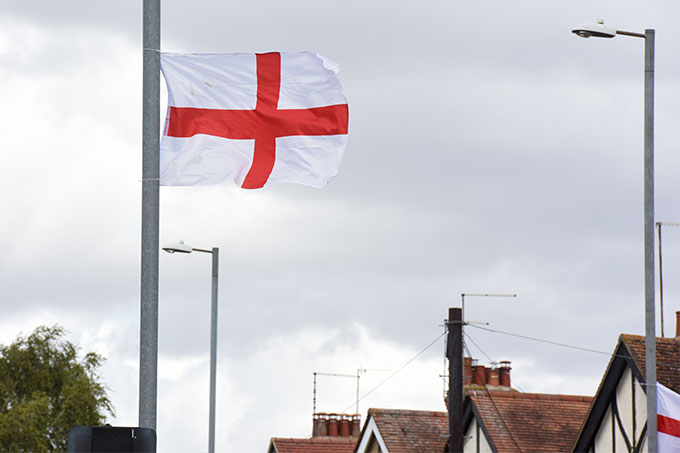Dr Christian Beighton looks at the role of academics in public debate.
As an academic at CCCU, it’s tempting to operate on “enlightenment” principles. I contribute to public debate through carefully written publications whose respect for the reader speaks for itself: their style can be a bit technical, but anyone who is genuinely interested can and will access them. Indeed, we can scarcely avoid using such tools to find, engage with and respond to any ideas that colleagues, reviewers and editors help feed into the world-wide web of obsequious, sometimes reliable, algorithmic goop.
This is of course rather naïve. As commentary pieces such as this demonstrate, how does anyone on the periphery of such research bubbles get access? And how do we speak to those who will never enter the self-proclaimed enlightenment of academic chatter? Who even wants to, when so much of it can seem deliberately obscure – or so I’m told.
The sense of alienation is understandable, but this issue remains very much part of the current debate about democracy, freedom of speech, and indeed freedom tout court, notably in the (British) political space. I use the term somewhat disingenuously of course. It’s a topic I have returned to before, arguing that the spectacular nature of the public domain can escape the bounds of rational debate – not least in seemingly down-to-earth topics such as sustainability. I offer the crop of union flags which is currently ornamenting the Garden of England, often regardless of protocol ,as further evidence.
In a recent piece in the Guardian, Nesrine Malik makes a similar point. She suggests that the facts and figures of the migration debates are irrelevant, because the debate is predicated on the view that “nothing will ever be enough”; the opposition to migration is visceral, not rational. A similar point is made by David Mamet in his new book “The Disenlightenment: Politics, Horror, and Entertainment”. On this view the kind of public debate that creates democracy – thank you Descartes, Diderot, D’Alembert et al – seems increasingly obsolete. Our goopish, post-truth, post-encyclopedic , image-saturated times have pushed the very possibility of knowledge and informed debate to the periphery: what better symbol than the goldification of the White House and all it (fails to) represent?
Naivety aside, academics surely have the responsibility to bridge this gap between the understandable craving for spectacle and the democratically indispensable need to decode the present. This is why in a recent article, I show how educational policy, for instance, uses diagrams as a sub-literal means of making its point. Ostensibly mere illustrations or complements of the “real” text, these diagrams engage us in forms of communication whose affects and effects it is our job to articulate…before the substance of reasoned debate retreats entirely into a closed circuit of liquefied intangible goop.
Dr Christian Beighton is a Senior Lecturer Academic Education and Linguistics in the School of Social Work, Education and teacher Education.
 Expert comment
Expert comment Jeanette Earl
Jeanette Earl 15850
15850


